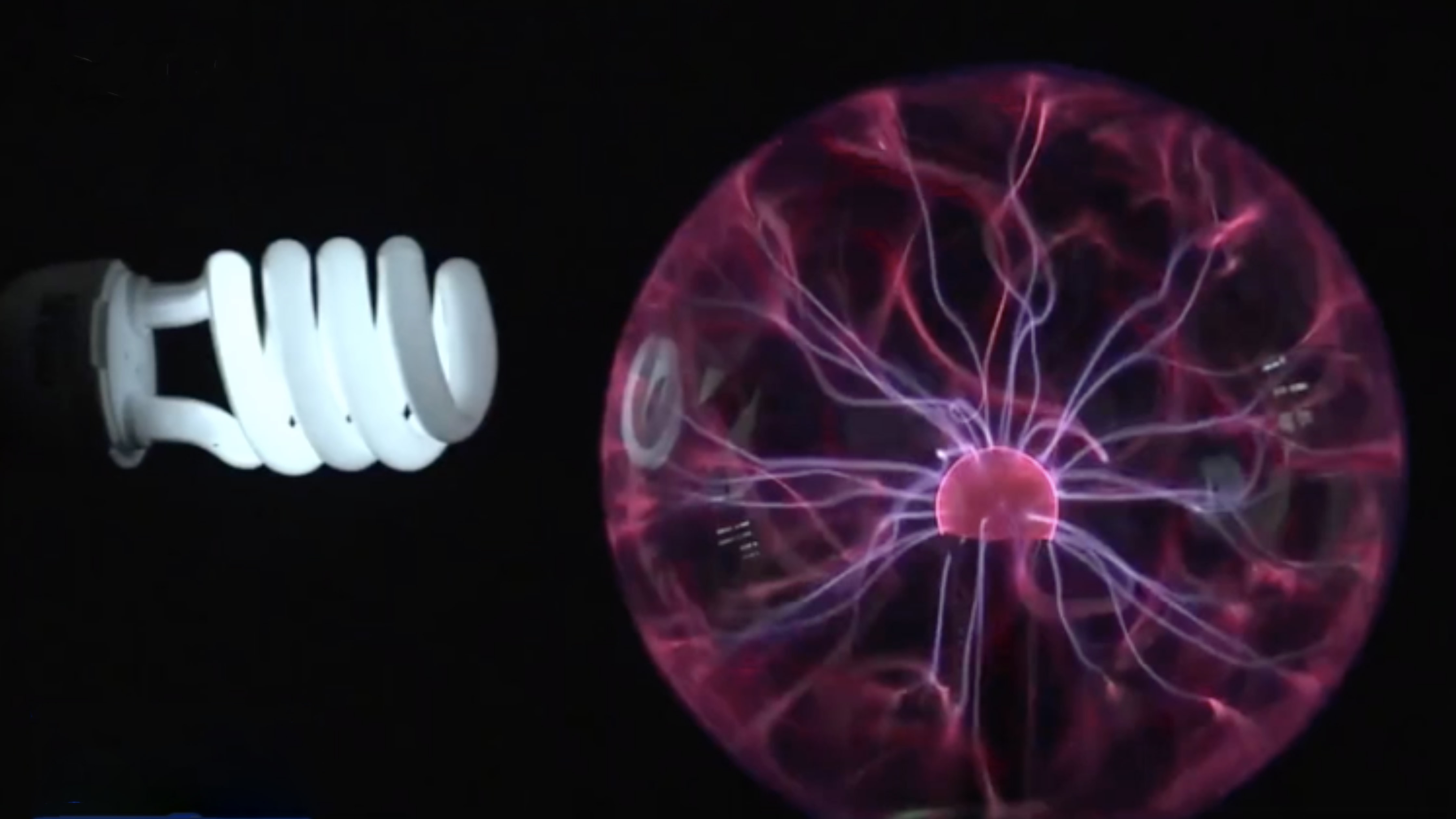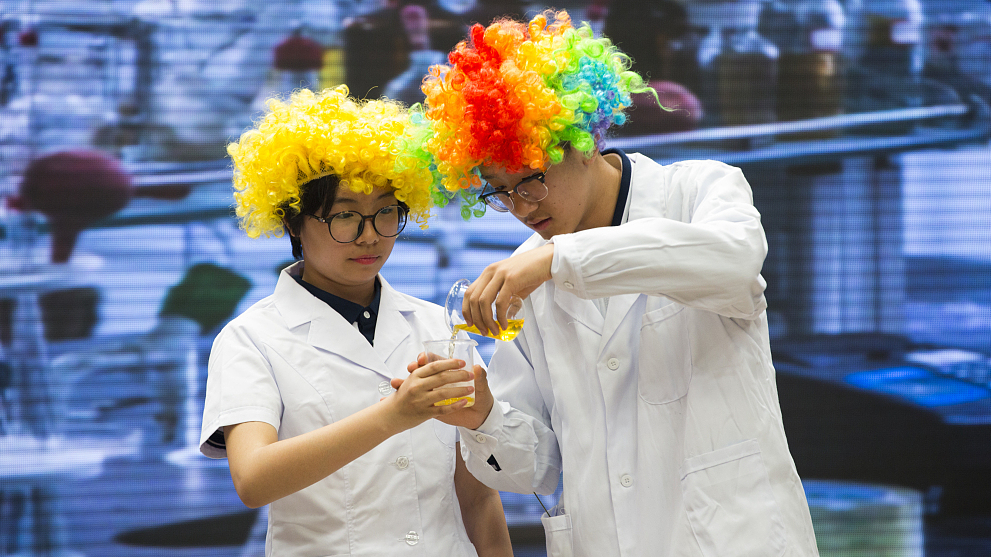02:25

Have you ever encountered a scientific phenomena that you really wanted to find out more about?
We all want to understand the world better, and seek deeper understanding after all. But amid our busy lives, we put our curiosity aside. Or perhaps there is too much information on the internet, and no way to discern between fact and fiction.
In Beijing, researchers have found an innovative way to make science more interactive. Every week, a group of physics experts livestream experiments, and answer science-related questions on social media.
In the past six months, their efforts have paid off. They are gaining more followers, with nearly 500,000 nationwide, especially students who are eager to discover the world. As the scientists say, even the strangest questions bring them inspiration in their own work.
Every Wednesday night, questions are taken on air and via social media, and answered by physicists doing experiments live. They call this a "Science 101 Q&A session," a game-changer compared to an ordinary science lesson.
After dozens of hours of live streaming on the internet, the scientists say questions are not limited to just physics, some are related to natural sciences like biology and chemistry. Others are full of fancy imagination.

Questions like: If we throw an atomic bomb in the eye of a typhoon, will it stop? Why is the air so thin, and hard to snap? They may come across as imagination gone wild, but researchers see it in a different way.
Dr. Li Zhilin, a research fellow with the Institute of Physics under the Chinese Academy of Sciences, said that he was inspired to pursue his own physical exploration with these questions.
"If you reconsider some of the questions raised by netizens, some may sound like nonsense, but after in-depth research, we find that they're still significant," he illustrates.
"For example, there are many electromagnetic forces in our lives, such as the surface tension of water. After a netizen asked whether there is any direct evidence to prove this, I did a series of research, and found it was very enlightening to my future research," Li explains.
Dr. Cheng Meng, deputy director of the General Office, explained the rationale behind livestreaming experiments. "We are looking at the bigger picture, and we hope this generation of teenagers will grow up to love science, enjoy scientific research, and be able to promote the development of physics in China," he said.
"Although science has no boundaries, scientists still have a nationality, We hope that the next person to win the Nobel Prize in physics down the road is a Chinese youngster influenced by us. This means the most to us."
Experts say their next step is to combine more of the latest academic results with knowledge in our science textbooks, and bring true expertise of science to ordinary people.